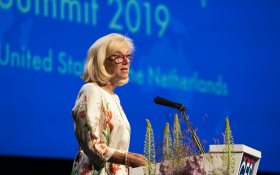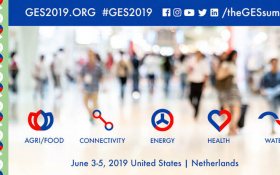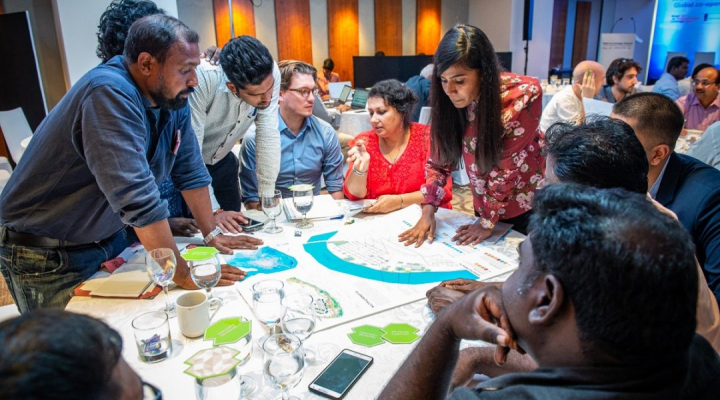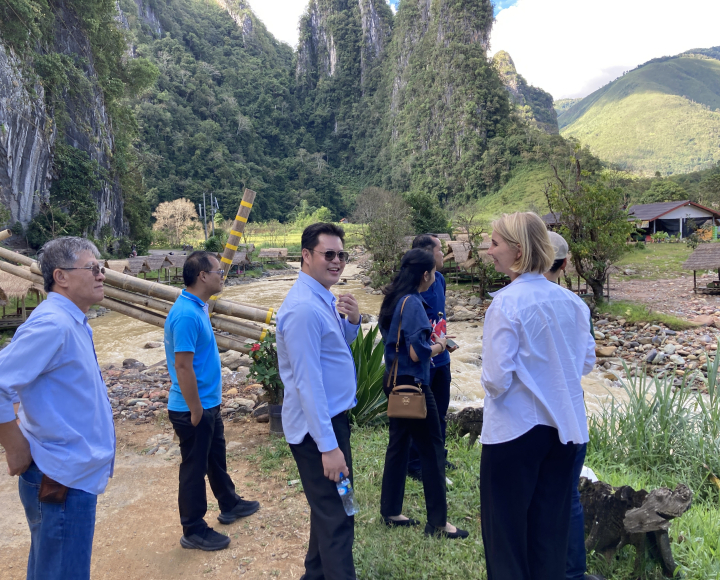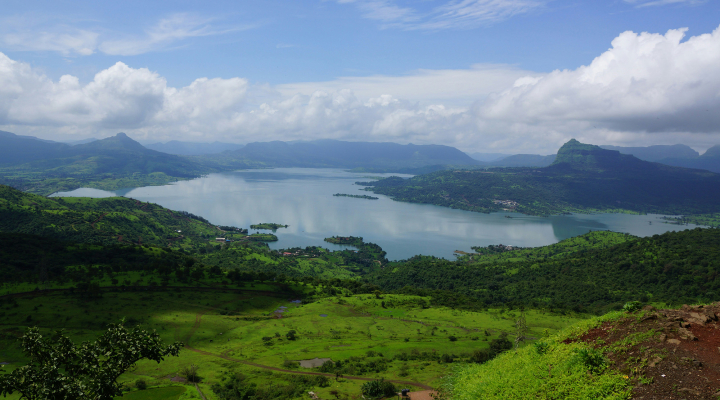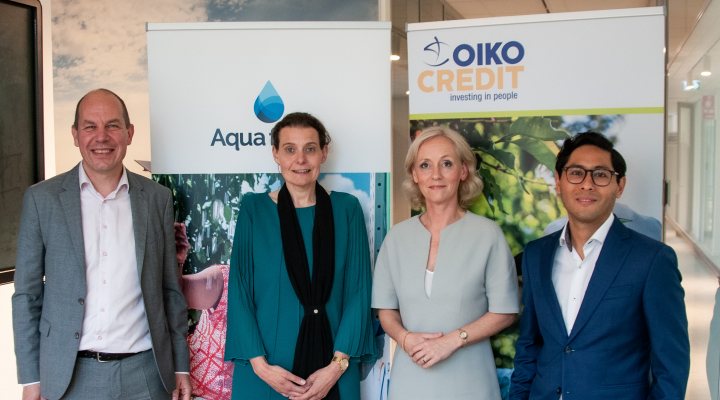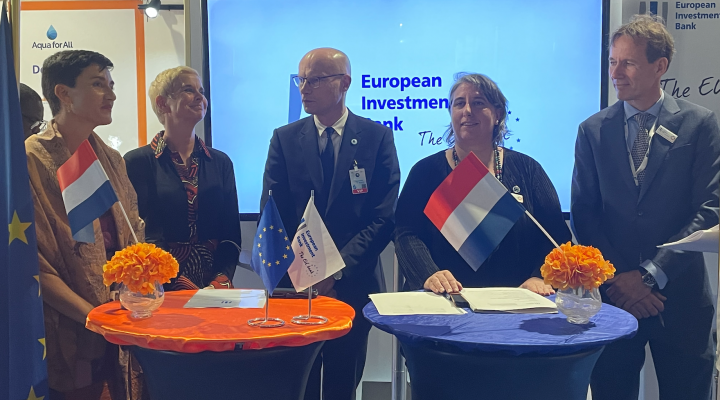GES2019: Will the availability of real time data revolutionize the global water sector?
The G5-netwerk and artificial intelligence were two popular subjects at the 9th edition of the Global Entrepreneurship Summit that took place on June 4 and 5 in The Hague, The Netherlands. In different settings, 1200 entrepreneurs and 300 investors from all over the world discussed the market developments in the field of health care, agri-food, energy, water and connectivity.
On the topic of water, the summit made clear that digitalisation has its own dynamics. It does not necessarily reflect the technology needs of those dealing with todays water problems of too much, too little or too polluted water.
Top 3 of technology needs
At the third and final water session, Danish senior researcher Sara Traerup of UNEP DTU Partnership highlighted some of the outcomes of the report "Climate change adaptation technologies for water (2017)". The report is based on an inventory held in 70 developing countries on technology needs to counter their water problems.
Prioritising the national needs a top 3 clearly emerged. Not surprisingly the most urgently needed technology is to harvest and store water. The second need is technology related to monitoring and modelling of water, such as leakage detection and smart water metering.
Third on the list is the need for water management. This need is less technology oriented and therefor has been classified by the report as ‘orgaware’, next to hardware and software.
Detailed real-time water data
Next speaker was Nadine Slootjes (top photo) who is the Department Head Operational Water Management and Early Warning at Deltares. She followed the dynamics of the global digitisation and explained that her research institute is developing very detailed global real-time hydrological models for ground water, water quality and storm water. ´These models will make it possible to predict the impact of climate change on a global scale. But at the same time they are so detailed that we can zoom in to the level of your back yard.´
According to Slootjes modelling on such detailed scale allows everyone to be informed everywhere, at any time, on real time water-related data by using a smart phone.
The advantages are clear, Slootjes said: ‘We can predict upcoming droughts and floods and, linked to possible interventions, it allows all affected parties to decide on the best response’. ‘We can already predict where droughts will occur 10 days in advance’, she said, allowing people in the threatened areas to store more water. Or in a case of a flood prediction, there is enough time to install a mobile flood barrier.
‘We cannot develop these detailed models on our own’, Slootjes said and called for entrepreneurs to step in with new ideas and potential business cases.
GIST awards
The summit ended with the hand out of the GIST-awards by Ivanka Trump, Dutch minister Sigrid Kaag and Dutch start-up envoy Prince Constantijn.
The global innovation GIST-initiative is led by the US Department of State, and the Tech-I competition is implemented by the American Association for the Advancement of Science.
The semi-finalists on the water theme were:
- Paige Peters (USA) of Rapid Radicals with a quick response waste water treatment process for extreme situations such as sewer overflows after intensive rain fall.
- Fadli Mustamin (Indonesia) of Poopook with an off-grid ‘human waste-to-fertilizer’ treatment plant that is affordable and low maintenance.
- Andrej Krzan (Slovenia) of PlanetCare with a filter that prevents microfibers to be released into washing machine waste water.
- Katie Taylor (USA) of Khethworks with an efficient & portable solar-powered water pump for smallholder farmers in India to have year-round water availability.
The sector winner was Katie Taylor with the solar-powered water pump.
Other award winners
The overall GIST 2019 prize went to Christine York (USA) of the health care company SpellBound that uses immersive 3D technology to increase patient cooperation with treatment. York received over 150.000 dollar worth of web services and mentorships from the sponsors.
The Outstanding Woman entrepreneur award went to Sol Cabrera of the Dutch health care company Stentit for the development of a fully biodegradable supportive porous structure to regenerate stents in blood veins.




